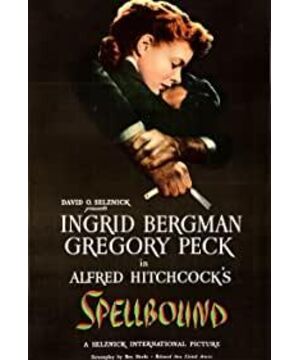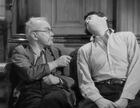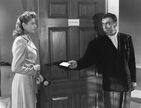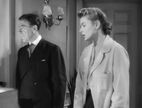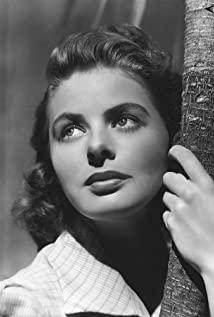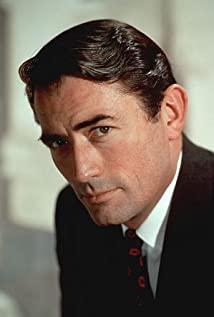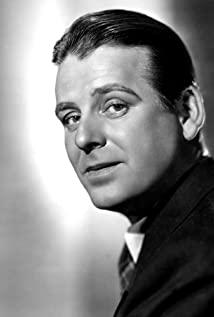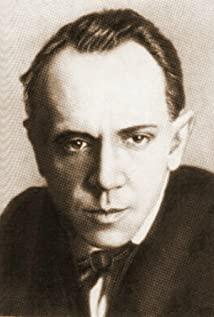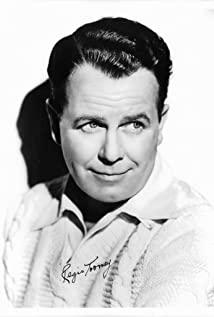I feel that this part is low, and it is worthy of a five-star recommendation. Story development and characterization are good. The plot is also fascinating.
1. A friend of mine said that it all depends on dreams to solve the case. It was true on the surface, but he/she forgot that JB was indeed a witness to the case, and if Freud was regarded as the truth (the mainstream psychoanalysis and scholars at the time thought so), his dream was a reality projection, so his dream is the clue. But the reason why the old dean did not kill the witness male protagonist is probably because when he was having dinner with Dr. Edward and the male protagonist in the 21 restaurant, he knew that the male protagonist had mental pressure and problems, so he did not want to kill one more person (can be achieved by killing fewer people) The purpose is to kill less people, the purpose is to not want to be replaced and retire) Because the male protagonist's mental problems are unlikely to testify against him.
2. A neighbor said that the heroine was overwhelmed by love and was very irrational. I think on the one hand it is indeed because of love, on the other hand she may have more information on the male lead's illness as a psychoanalyst (with the male lead for a lot of time, she has her own unique professional judgment), I believe the male lead There were differences between many of the patients she came into contact with. Her sense of responsibility and love together motivate her to help the male lead. We can also develop through the whole movie that she's really smart and sharp and not stupid and completely overwhelmed with love, and of course she does love him.
View more about Spellbound reviews


